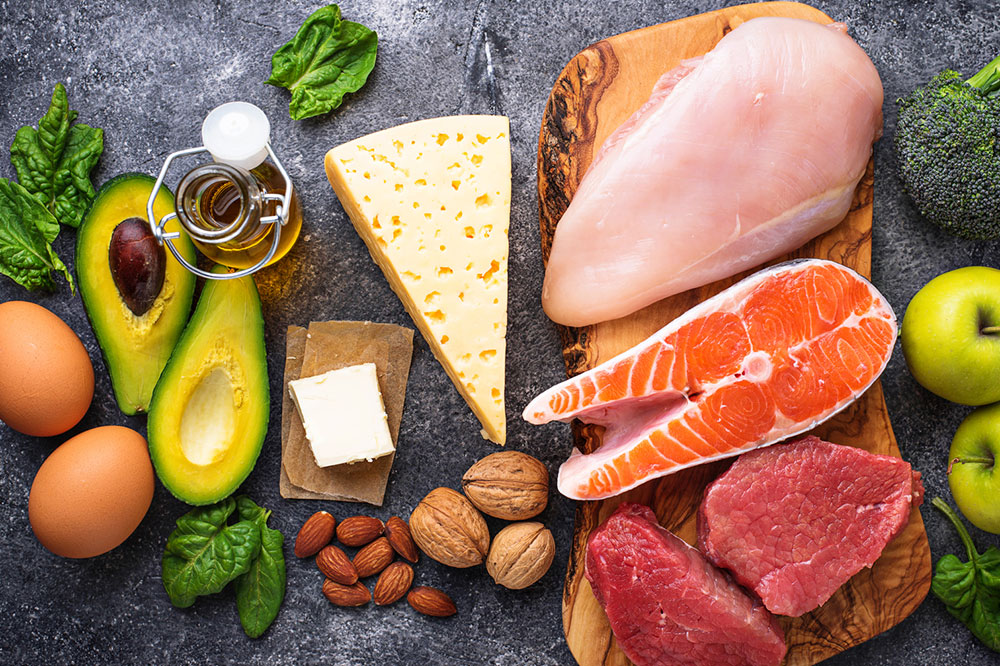
Ketogenic Foods to Help Manage Schizophrenia Symptoms
Schizophrenia is a chronic mental illness without any definitive cure. Research suggests that dietary changes can play a huge role in managing the condition. A high fat, low carb diet is called the Ketogenic or Keto diet. It has shown promising results in treating many mental disorders, including anxiety, autism, major depressive disorder, and ADHD, and may help patients manage schizophrenia. A typical ketogenic diet for schizophrenia will consist of the following foods.
1. Dairy
Dairy products are a staple in a ketogenic diet and one of the best foods for schizophrenia patients. Dairy products such as butter, soft and hard cheeses, and cream can be consumed by people with schizophrenia when taken in moderation.
2. Oils
Olive and canola oil are high in oleic acid, a type of monosaturated fat, and antioxidants. Coconut oil is high in saturated fat and is also well-suited for a ketogenic diet as it helps increase ketone levels in people with mental illnesses. Add these oils to cook foods or as salad dressings.
3. Meat and poultry
A ketogenic diet includes meat and poultry that is not only rich in protein, Vitamin B, and several minerals but also contains no carbs. Bacon, chicken, ground beef, sausages, and eggs are ideal foods for schizophrenics on a keto lifestyle. For plant-based protein sources, tofu, tempeh, and black soybeans are great options.
4. Fatty seafood
Fatty seafood like salmon, trout, tuna, and mackerel are good sources of essential omega-3 fatty acids. Fish is rich in protein, vitamins, and minerals and is also carb-free making it a great keto-friendly food. Frequent fish intake has been linked to improvement in mental health conditions. Schizophrenia patients should consume at least 3-ounces of fatty fish weekly.
5. Fruits and vegetables
Fruits such as strawberries, pears, apples, and watermelon are high in fiber and low in carbs that can be easily added to a ketogenic diet for schizophrenics. Keto-friendly vegetables are those that grow above ground and are non-starchy. Asparagus, broccoli, cabbage, avocado, cauliflower, cucumber, lettuce, and spinach are some low-carb vegetables that are high in nutrients.
6. Nuts and seeds
When on a keto diet, schizophrenia patients should also consider adding certain nuts and seeds that are very low in net carbs. They are a good source of healthy fats, fiber, and protein. Almonds, macadamia nuts, pistachios, walnuts, chia seeds, flax seeds, pumpkin seeds are some keto foods that can help manage schizophrenia.
7. Unsweetened coffee and tea
Unsweetened coffee and tea contain zero carbs, fat, or protein and can be consumed as part of the keto diet. It is best to drink your tea or coffee without adding milk. Unsweetened and unadulterated green tea is another excellent option as it has negligible amounts of carbs and may help burn fat.
Following a keto diet is a safe and healthy approach to combat the mental illness. Schizophrenia patients on a keto diet will largely benefit from reducing their symptoms, enabling them to improve their quality of life.



